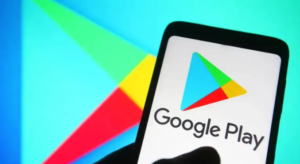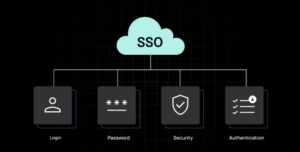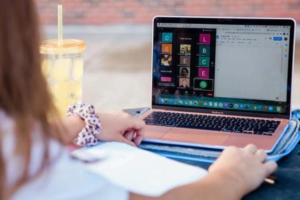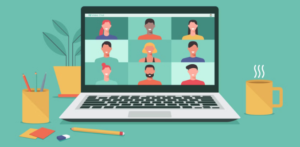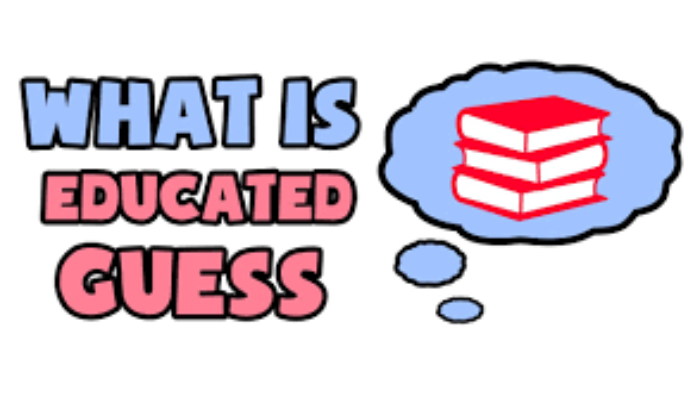
An educated guess isn’t just a shot in the dark—it’s a powerful tool for solving problems, making decisions, and navigating the unknown with confidence. Whether you’re in a classroom, boardroom, or daily life scenario, learning how to make educated guesses can transform how you approach uncertainty. In this article, we’ll explore what makes a guess “educated,” how it differs from assumptions, and why it’s an essential skill in both professional and personal settings.
What Is an Educated Guess? Understanding the Core Concept
An educated guess is a hypothesis formed using existing knowledge, logic, and reasoning rather than random speculation. Unlike a wild guess, which lacks a factual basis, an educated guess draws upon available data, prior experience, and observation to reach a likely conclusion. It’s frequently used in science, education, business, and even daily problem-solving. This strategy allows people to act decisively even when complete information is not available.
For example, if a doctor observes certain symptoms in a patient and forms a preliminary diagnosis before lab results confirm it, that’s an educated guess. It doesn’t guarantee accuracy, but it narrows the margin of error by leveraging informed insight. The strength of an educated guess lies in how it blends intuition with knowledge—making it a practical and often effective decision-making approach.
Educated Guess vs. Assumption: Key Differences Explained
While they may seem similar, an educated guess and an assumption serve different purposes and arise from different cognitive processes. An educated guess is rooted in information and logic. It uses partial knowledge to fill in the blanks thoughtfully. On the other hand, assumptions often stem from beliefs or untested ideas and can lack supporting evidence. Understanding this difference is vital for anyone aiming to think critically and avoid cognitive pitfalls.
Consider this: Assuming someone is late because they are lazy reflects a belief, whereas making an educated guess that traffic may have delayed them—based on a known road condition—is thoughtful and informed. In essence, assumptions can lead to misjudgments, while educated guesses can guide more reasonable actions. Learning to identify and practice educated guessing can significantly enhance judgment and strategic thinking.
How to Make an Educated Guess: Step-by-Step Techniques
Making a good educated guess involves more than luck—it requires a systematic approach. The first step is to gather all available information. Whether it’s statistics, trends, patterns, or prior experiences, the more relevant data you have, the better. Next, use logic to connect the dots and eliminate improbable options. This narrows the field of possibilities and sharpens your focus on likely outcomes.
Additionally, consider the context and apply past experiences. Let’s say you’re solving a math problem and don’t know the exact formula. If you’ve worked on similar problems before, drawing parallels and applying comparable solutions can lead you to a reasonable estimate. Practicing this method repeatedly builds confidence in your intuition. Over time, your brain becomes wired to make faster, more accurate educated guesses, especially in high-stakes situations.
Real-World Applications of Educated Guessing
The power of an educated guess is evident in various real-life scenarios. In science and research, hypotheses are often formed from informed guesses before rigorous testing. In business, marketers predict customer behavior based on demographics and past performance data. Even weather forecasting involves making educated guesses based on climate models and satellite data.
In everyday life, educated guesses help people make quick decisions. For instance, guessing the best route to take during rush hour involves considering current traffic reports, past experiences, and common bottlenecks. In exams, students often use elimination methods and partial knowledge to make logical guesses. These applications prove that educated guessing is not only useful but essential for navigating complex environments effectively.
Benefits and Limitations of Educated Guessing
One of the primary benefits of an educated guess is that it encourages action even in the face of incomplete information. It enables problem-solving when time, data, or resources are limited. This method promotes critical thinking, adaptability, and confidence. Moreover, it trains the brain to make calculated decisions, reducing reliance on hesitation or indecision.
However, there are limitations. An educated guess is still a guess—it may lead to incorrect outcomes if based on flawed assumptions or insufficient data. Overconfidence in one’s knowledge can also be misleading. That’s why it’s important to validate guesses where possible, seek feedback, and remain open to correction. When used wisely, educated guessing becomes a powerful cognitive skill—but like any tool, it works best with balance and awareness.
Conclusion:
In a world overflowing with information and uncertainty, the ability to make an educated guess is more valuable than ever. It’s a skill that combines logic, experience, and insight to generate likely solutions and decisions without complete data. From school to the workplace and daily life, educated guesses fuel innovation, learning, and effective action. Mastering this art helps you navigate complex problems, think critically, and grow more confident in your judgment. So next time you’re unsure—don’t just guess. Make it an educated one.
Frequently Asked Questions (FAQs)
1. What is an educated guess?
An educated guess is a decision or hypothesis made based on knowledge, logic, and available data rather than random chance.
2. How is an educated guess different from an assumption?
An educated guess is informed and logical, while an assumption may be made without evidence or critical thinking.
3. Where are educated guesses used in real life?
They are used in science, exams, business strategies, weather forecasting, and everyday decisions like choosing routes or estimating prices.
4. Can an educated guess be wrong?
Yes, it can be incorrect, especially if based on flawed information or incorrect reasoning. However, it has a higher chance of being right than a wild guess.
5. Are educated guesses useful in exams?
Absolutely. Many test-taking strategies involve making logical, informed guesses when a student is unsure of the correct answer.
6. What skills help in making better educated guesses?
Critical thinking, pattern recognition, experience, and access to relevant information all contribute to stronger educated guesses.
7. How can I practice making educated guesses?
Engage in activities that involve problem-solving, play logic games, read widely, and reflect on past decisions to build this skill.
8. Do professionals rely on educated guesses?
Yes. Doctors, engineers, marketers, and analysts frequently use educated guesses when full information isn’t available but decisions must be made.
9. Is an educated guess the same as a hypothesis?
They are similar. A hypothesis is often a formal educated guess made in scientific contexts and then tested through experimentation.
10. Why is making an educated guess better than doing nothing?
Taking action based on a thoughtful guess often leads to progress, while indecision can result in missed opportunities or delays.


